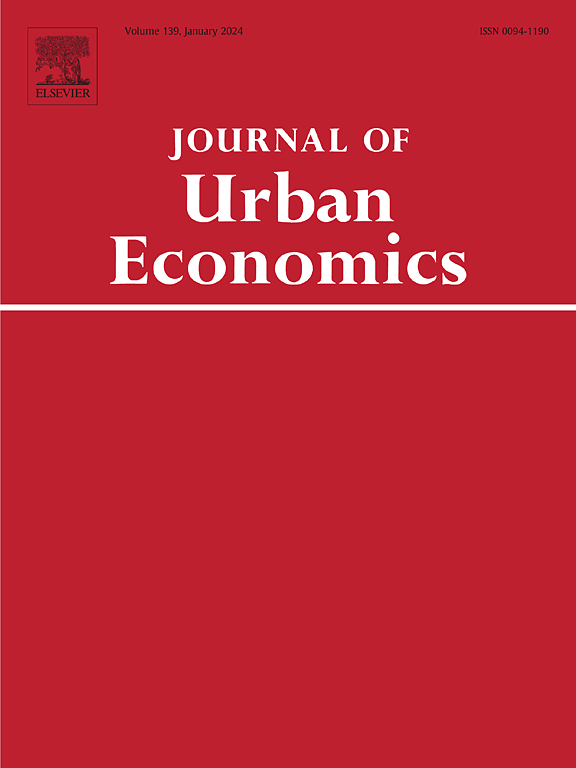JUE Insight:通过支付卡和手机ping来衡量本地消费
IF 4.8
1区 经济学
Q1 ECONOMICS
引用次数: 0
摘要
我们比较了两种广泛使用的消费数据来源:支付卡交易(来自信用卡和借记卡)和手机定位ping。我们发现它们呈正相关但不完全相关;高收入消费者的支付卡使用率更高,而手机ping只能粗略地追踪消费者的支出。我们开发了一种方法,结合这两种来源来衡量当地零售支出,并表明它密切跟踪更综合的政府数据。我们通过量化地方财政乘数来说明它的使用。我们表明,政府支出冲击的影响是高度局部化的,在空间上是衰减的,并且在不同的商店类别中是异质的。本文章由计算机程序翻译,如有差异,请以英文原文为准。
JUE Insight: Measuring local consumption with payment cards and cell phone pings
We compare two widely used sources of consumption data: payment card transactions (from credit and debit cards) and cell phone location pings. We find they are positively but imperfectly correlated; payment card usage is higher among higher-income consumers, while cell phone pings only loosely track consumer spending. We develop a methodology that combines both sources to measure local retail spending and show that it closely tracks more aggregated government data. We illustrate its use by quantifying local fiscal multipliers. We show that the impacts of government spending shocks are highly localized, decay spatially, and are heterogeneous across store categories.
求助全文
通过发布文献求助,成功后即可免费获取论文全文。
去求助
来源期刊

Journal of Urban Economics
Multiple-
CiteScore
10.60
自引率
4.80%
发文量
64
期刊介绍:
The Journal of Urban Economics provides a focal point for the publication of research papers in the rapidly expanding field of urban economics. It publishes papers of great scholarly merit on a wide range of topics and employing a wide range of approaches to urban economics. The Journal welcomes papers that are theoretical or empirical, positive or normative. Although the Journal is not intended to be multidisciplinary, papers by noneconomists are welcome if they are of interest to economists. Brief Notes are also published if they lie within the purview of the Journal and if they contain new information, comment on published work, or new theoretical suggestions.
 求助内容:
求助内容: 应助结果提醒方式:
应助结果提醒方式:


